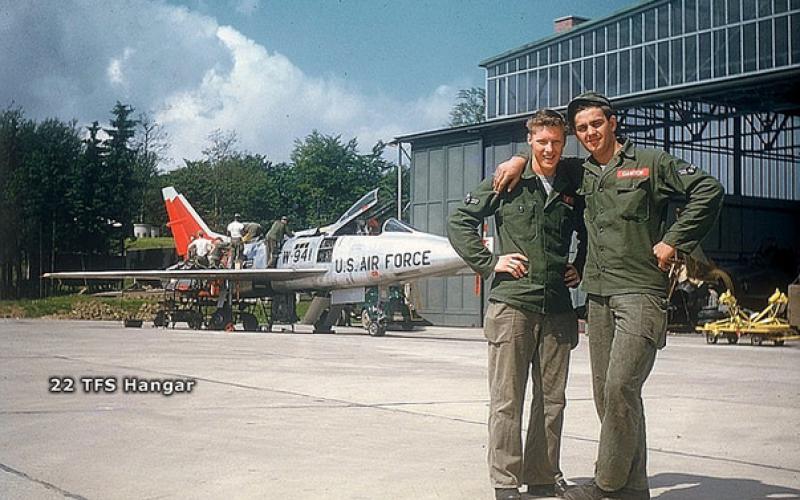Date: Sunday, 02 July 2017
Analysis -The US And The Wars In The Sahel
By Gary K. Busch*

United States and Africa
Washington has been at war in Africa for years. But in French-speaking parts of the continent it is Paris that is fully in control. Who becomes president and how national affairs are conducted is a matter determined by the French for their own interest under the colonial-era doctrine of Françafrique. And American tax-payers foot much of the bill for this neo-colonialism.
At the end of his first week in office, newly elected President Emmanuel Macron visited French troops in the West African country of Mali. Macron flew into Gao, a city in Mali’s north, where political unrest and ethnic strife have raged for more than five years. He met some of the 1,600 French soldiers stationed there, at the largest French military base outside of France. The French had intervened in its former colony in January 2013 in an effort to drive out al-Qaeda-linked groups which had taken advantage of the unrest and conflict created by a rebellion of the ethnic Tuaregs in 2012 to try to take control of the central government in Bamako, Mali’s capital. This rebellion spread throughout the Sahel; an ecoclimatic and biogeographic zone of transition in Africa between the Sahara to the north and the Sudanian Savanna to the south covering more than 3.053 million km².
Before one can explain the role played by the U.S. in the fight against terrorism in the Sahel it is important to understand the continuing role of the French Government and army in the region. France established military bases in Africa during the colonial period and maintained a military presence in Africa after the ‘flag independence’ of its former colonies in the 1960s. The independence struggle of French Africa resulted, with the exception of Guinea, in the notional independence of the African states, each with a flag, a national anthem, a football team, and a continuing dependence on France under the terms of a Colonial Pact. The terms of this pact were agreed at the time of independence as a condition of the de-colonialization of the African states.
The Colonial Pact Agreement enshrined a number of special preferences for France in the political, commercial and defence processes in the African countries. On defence, it agreed two types of continuing contact. The first was the agreement on military co-operation or Technical Military Aid (AMT) agreements. These covered education, training of soldiers and officers of African security forces. The second type, secret and binding, were defence agreements supervised and implemented by the French Ministry of Defence, which served as a legal basis for French interventions within the African states by French military forces. These agreements allowed France to have pre-deployed troops and police in bases across Africa; in other words, French army and gendarme units present permanently and by rotation in bases and military facilities in Africa, run entirely by the French. The Colonial Pact was much more than an agreement to station soldiers across Africa. It bound the economies of Africa to the control of France. It made the CFA franc the national currency in both former colonial regions of Africa and created a continuing, and enforceable, dependency on France.
In summary, the colonial pact maintained the French control over the economies of the African states: